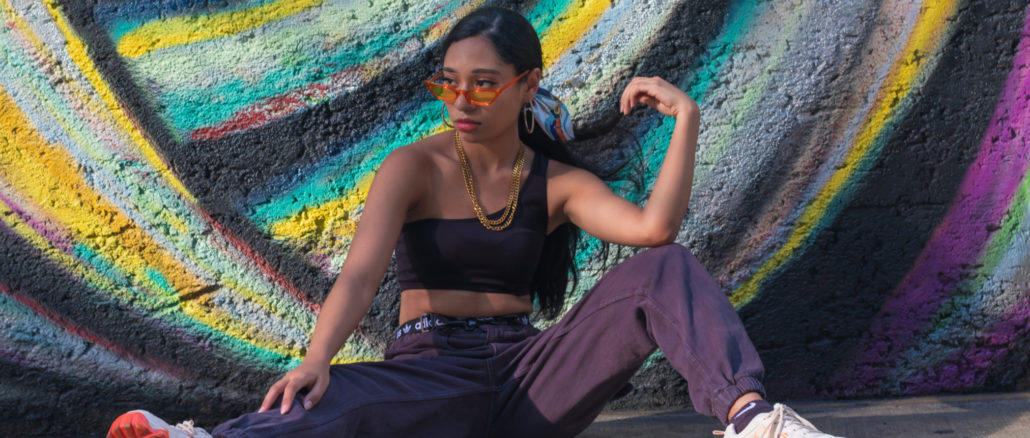
This series spotlights musical artists from The Nasiona‘s first compilation album, Volume 1: Petrichor.
Jinnat’s track “Enlight” is featured in the volume.
Jinnat is a musical artist from Charlotte, NC. Her multi-ethnic background and interest in world cultures and languages influenced her multi-genre pop music and the creative dance choreography that make up her colorful identity. She has recently released singles entitled “DIVA,” “Young Forever,” and “Enlight.”
Artist statement: Music is my stress reliever. Performing gives me peace. Creating gives me a platform to show who I am. My artistry is a blend of different styles and influences that make up my sound. I try to encourage a positive outlook on life and a proactive approach to change in my lyrics. Self growth and self awareness by understanding yourself and the outside world are important morals by which I try to live. I value honesty, staying true to my emotions and releasing them in a way that builds instead of destroys. People change as they learn and grow, and my inspiration often comes from my mistakes and lessons I’ve learned. It’s easy for me to get weighed down by my mind or a situation, and I often have to force myself to think positively, which I believe comes out in my lyrics. Many of the values I portray in my artistry come from my faith. My beliefs are part of the purpose that God has called me to. I’m happy to be able to share my music through the songs I have released and look forward to showing more of my talents!
INTERVIEW
What does countercurrence mean to you, and what is it like to make music when you are outside those mainstream voices that are usually given a platform?
I think challenging the mainstream is called for in certain circumstances. Usually when I do so, it helps me grow as a person. Sometimes it’s hard finding my voice and speaking up about what I have to say and what I stand for, but I do try to be consistent and stay rooted in who I am and what I believe. My music isn’t always heard since I don’t yet have a larger platform, but I know I’ll never be given that platform if I don’t let anyone hear what I have to say.
Would you always have turned to music as an important avenue through which you express your BIPOC identity? Or have you always found ways to do this, which happen to include music?
I have always been very expressive of who I am. I think that since I love the arts so much it was inevitable that music would become one of the ways that I express myself, especially since music has always been important to me.
What are the differences or similarities you perceive in online and physical music communities, especially when our relationship to proximity has been indelibly altered?
For people like me who find it easier to chat or collaborate in person, it’s been hard keeping up with the local music scene solely through social media. I’m not the best at staying consistent with communication, so it’s somewhat of a challenge for me to engage people online. Although, releasing content online is far less nerve-racking than a live performance. In produced content I am able to have a higher level of control over my creation and art than in physical music communities or live performances, so I’m able to release a project exactly the way I want it, when I want it. It makes me a lot less stressed because I can get very controlling over my creations. Unfortunately, there’s a certain sense of togetherness that we get from the physical music community and from performing that we have all been missing and needing.
Do you believe in breaking down the barriers that have long kept BIPOC musicians away from the same opportunities as their white peers, or should BIPOC musicians be looking beyond those traditional guidelines to success?
To me it is not an either or situation. I believe that we must both work to break down barriers and create new opportunities. If we, as humans, set aside our learned prejudices and started supporting each other we could excel beyond what we wish for ourselves as individuals. I think our country’s BIPOC culture has taken a shift towards this mindset. There still are many improvements we can all make, and I have loved to see this change begin. Sometimes, instead of trying to break down the walls that others set up, we need to see fellow BIPOC choosing to uplift each other with our own creations, not wasting time and energy trying to break down doors to get into rooms that we are not welcomed into. This direction is something I am blessed to have the opportunity to see and to be a part of. Maybe one day we will be welcomed into those rooms. As we work to be so, I also think the rooms that we create are just as amazing!
If you had to solely choose between walking in the legacy of a musician/musical tradition you admire, or forging your own path and inspiring others yourself, which would it be, and why?
There are artists who I admire, and I think it is important to give them respect and to celebrate their achievements. As artists, maybe early on we do try to copy, but that can be self-destructive. It seems like trying to walk in someone else’s footsteps exactly the same way they did limits you from reaching your fullest potential. It stops you from thinking of new creations when you’re stuck on thinking of exactly how someone did something, even if that person you’re copying is you from the past. I think, mostly, everyone dreams of forging their own path and inspiring others with their own originality and innovation. I know I do!
Volume 1: Petrichor
About the Album
This first volume of The Nasiona’s music series encapsulates all the glorious highs and the searing lows of navigating the world as an empathetic, curious individual. The works contained in this volume — from mournful piano compositions, dazzling spoken word, spellbinding vocal layered-songs, to beautiful instrumentals — express the intricacies of being an artist of color in a too-often indifferent world; and like the scent that lingers long after the downpour, these masterpieces ask you to sit awhile, to close your eyes, to pay attention.
MUSICAL ARTISTS
ALBUM PRODUCERS
Music and oral narrators have always told stories that are as powerful, as moving as personal essays, and we at The Nasiona want to honor these tradition. For the second compilation audio volume of our BIPOC Music + Spoken Word Series, we seek submissions of tracks that align with our vision of centering, elevating, and amplifying Black, Indigenous, and People of Color, shedding light on neglected and intersectional identity experiences, while also celebrating our beauty, intelligence, creativity, and joy.
Whether you record your music or spoken word professionally, or whether you have gone the DIY way throughout; whether you are an emerging indie artist, or have never released a track or album; or whether you have simply felt overlooked by the mainstream musical landscape: we believe in your voice, your story, and your talent; and we want your work!
Tell us about growing up as a third culture kid, about living through trauma, about being misgendered, about slice-of-life instances of resolution. Tell us about your elations, your sorrows, your moments of quiet tenacity, your rallying cries of rage. Send us a track (or two, or three!) that tells a story, whether in words or through instrumentals. If it matters to you, it deserves a platform.
All genres and languages are welcome. If you identify as BIPOC, we want to showcase your work and profile you.
We can’t wait to experience to your work!
Note that we are here to center, elevate, and amplify your work. You keep all the rights to your work.
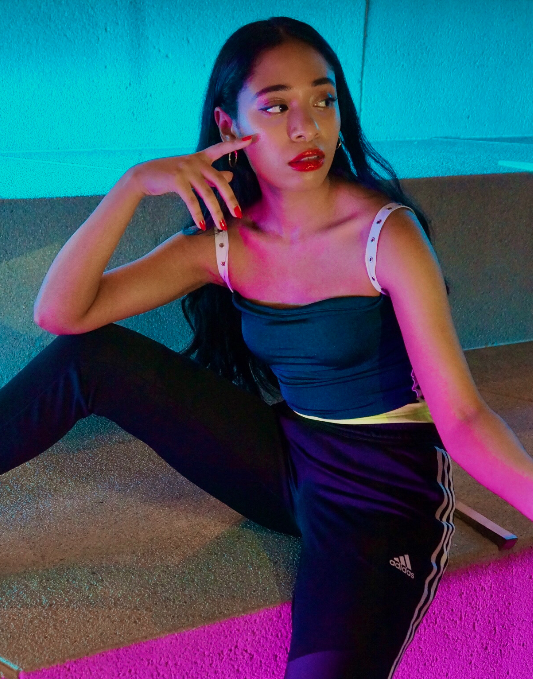

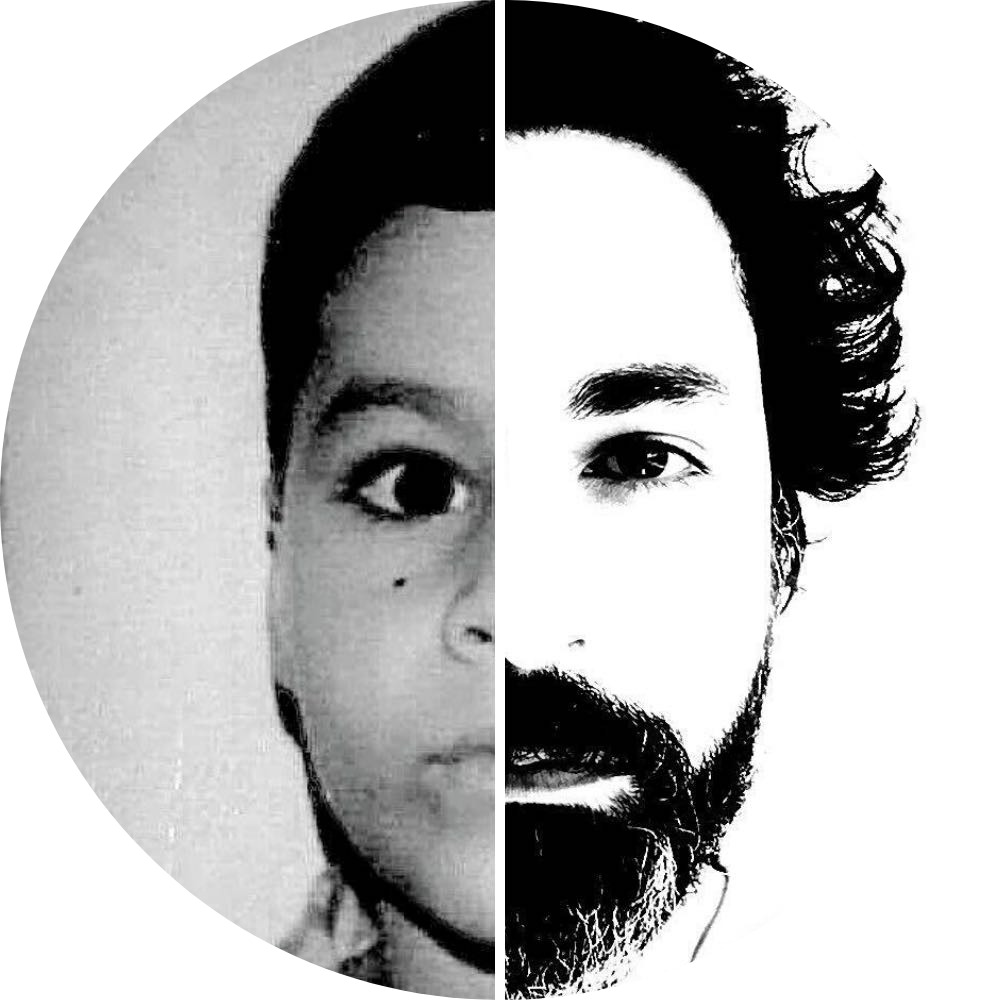
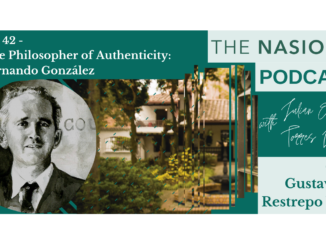
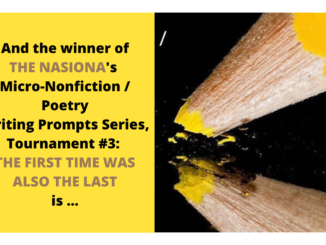
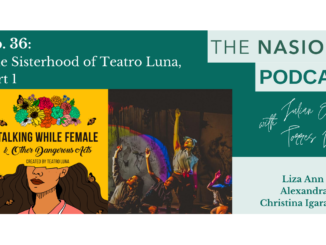
16 Trackbacks / Pingbacks
Comments are closed.